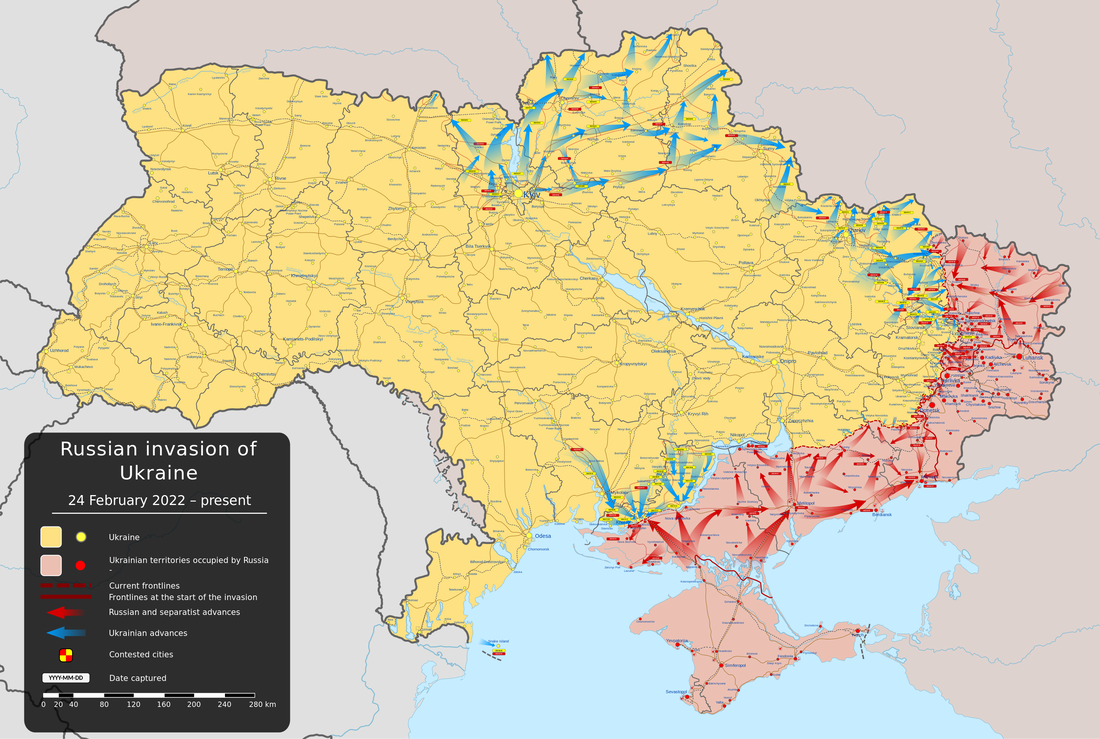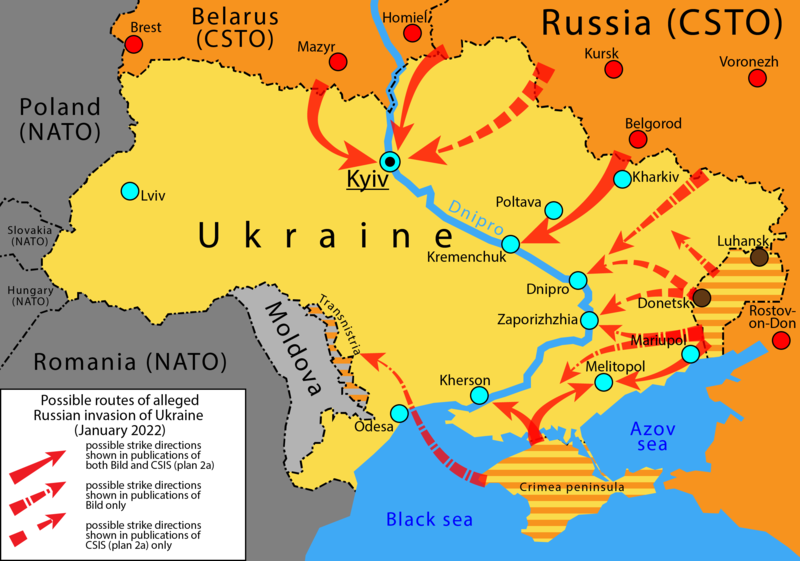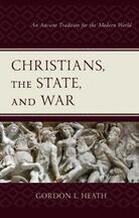|
My blog posts revolve around my interests and vocation as a historian: the intersection of history and contemporary church life, the intersection of history and contemporary politics, serendipitous discoveries in archives or on research trips, publications and research projects, upcoming conferences, and speaking engagements.
I sometimes blog for two other organizations, the Canadian Baptist Historical Society and the Centre for Post-Christendom Studies. The views expressed in these blogs represent the views of the authors, and not necessarily those of any organizations with which they are associated. |
|
https://commons.wikimedia.org/wiki/File:2022_Russian_invasion_of_Ukraine.svg There are rules in every aspect of human engagement – sports, work, family – including international relations. Behaviour in some contexts may seem odd if you don’t know the rules, but once the rules are known everything begins to make sense. More specifically, for those familiar with the four rules of international relations related to “spheres of influence” there is little about the war in Ukraine that is surprising.
2 Comments
https://commons.wikimedia.org/wiki/File:Possible_routes_of_alleged_Russian_invasion_of_Ukraine_(January_2022).png NOTE: I made this post one week before Russia formally recognized Donetsk and Luhansk. I doubt I would have said what I did about the possibility of a Russian invasion once that recognition occurred. Nevertheless, I keep this blog up despite my being wrong about the possibility of a Russian invasion partly to keep me humble but also partly to show just how things change and how all estimates of potential actions are always in flux and need to adapt on the basis of new information. That said, I think my comments about how Russia sees Western and NATO actions are still correct. One of the difficulties of determining if a military conflict fits within the classic “just war criteria” is that it is tough knowing what is actually going on in any hot spot. Current reporting on the supposed looming Russian invasion of Ukraine is a case in point – something that makes for an informed opinion very difficult indeed.
“In Christians, the State, and War: An Ancient Tradition for the Modern World, Gordon Heath argues that the pre-Constantinian Christian testimony regarding the state’s just use of violence was remarkably uniform and that it was arguably a catholic, or universal, tradition. More specifically, that tradition had five interrelated and intertwined constitutive areas of consensus that can best be understood as parts of one collective tradition. Heath further argues that those five related areas of an early church tradition shaped all subsequent theological developments on views of the state, its use of violence, and the conditions of Christian participation in said violence. Whereas the sorry and sordid instances in the church’s history related to violence were times when the church drifted from those convictions of consensus, the cases when Christians had a more stellar record of responding to the horrors of the world were times when they lived up to them. Consequently, the way forward today is for Christians to forgo beginning with the just war-pacifist debate, and, instead, to begin by letting their views on war and peace be shaped by that ancient tradition.”
You can order the book here. (click) |
Archives
May 2024
|



 RSS Feed
RSS Feed
